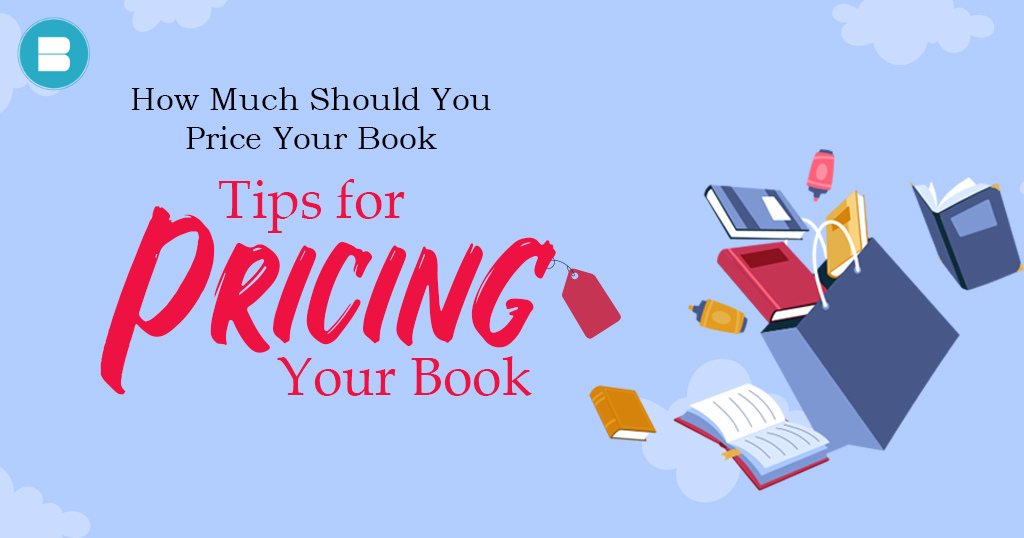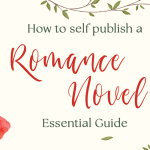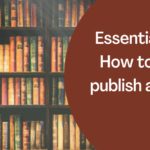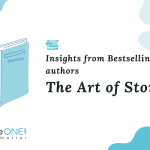Are you a new or seasoned author with a work ready for publication? Congratulations on reaching this great stage in your writing career! While finishing your book is a huge accomplishment, selecting the correct price for your creation can be difficult.
Read: Get to know how much does it cost to publish a book in India.
How do you find the sweet spot between appreciating your work and making it accessible to readers? We’ll go into the complexities of book pricing in this article, looking at numerous elements that should affect your selection. So, let’s go on this adventure and learn how to price your book.
Understanding the significance of book pricing.
The price of a book is an important factor in determining its success. It is crucial, to influence both your prospective revenue and how readers evaluate your work. Setting an appropriate price is a tough balancing act.
If you overprice your book, you risk alienating potential purchasers. Readers may be unwilling to spend on a book they believe is costly, limiting your sales and reach.
Pricing your book too low, on the other hand, might be troublesome. While it may initially attract more consumers, it may convey a sense of poorer value. Readers may ask whether something is lacking in a book that is significantly less expensive than others in its genre.
The objective is to find the sweet spot—the price that accurately represents your book’s quality and substance while being competitive in its genre. This equilibrium guarantees that you attract readers who are prepared to pay for the value they see in your work, eventually contributing to the success of your book and your revenues as an author.
Read: A Complete Guide on How to Plan a Successful Book Launch in 6 Easy Steps.
In essence, price is a strategic decision that determines how your book is received in the market, not merely a financial one.
Factors to consider when pricing your book accordingly.
- Production Costs: The cost of manufacturing is a major component in determining the price of your book. This covers costs for editing, cover design, formatting, and printing (if physical copies are desired). Calculate these expenditures thoroughly to guarantee that you cover your investment while maintaining competitive pricing.
- Genre: The genre of your book might have a big influence on its pricing. Investigate how much readers anticipate to pay for books in your category. Romance novels, for example, are typically less expensive than specialty non-fiction publications.
- Book Length: The amount of pages in your book is important. Longer works frequently justify greater pricing, but shorter works may be priced cheaply. A 500-page historical epic, for example, may attract a greater price than a 100-page novella.
- Market Demand: Research the current market demand for books in your field. Is there a big demand for the stuff you’re providing? If this is the case, you may be allowed to charge a greater price for your book.
- Author Reputation: Established authors with a large following can sometimes ask for a higher price for their publications. Readers are prepared to pay a premium for a well-known author’s name and reputation.
Tips for pricing your book effectively.
Now that we’ve considered some of the key factors, let’s explore practical tips to help you set the perfect price for your book:
- Know Your Target Audience: Understanding your target readership is crucial. Are you writing for young adults, mystery enthusiasts, or business professionals? Tailor your pricing strategy to match your audience’s expectations.
- Competitive Analysis: Investigate the prices of books similar to yours in terms of genre, length, and content. This will give you a benchmark to work from. Your book’s price should be competitive within its category.
- Consider Ebook vs. Print: If you’re publishing both digital and print versions, your pricing strategy may vary. Ebooks are typically priced lower than print books due to lower production costs.
- Promotions and discounts: Consider running limited-time promotions or discounts to attract readers. This can be an effective way to boost initial sales and garner reviews.
- Value Proposition: Highlight what makes your book unique. If it offers exclusive content, expert insights, or a compelling story, it justifies a higher price.
Pricing your book is a crucial decision that requires careful consideration. By taking into account factors like production costs, genre, and market demand, you can set a competitive and appealing price for your work.
Read: Learn How to Promote your Book on Amazon: Budget-Friendly Hacks to Boost Sales.
Remember that your book’s value goes beyond its price tag. A well-priced book, combined with effective marketing and a compelling story, can lead to a successful publishing journey.
In the end, the art of pricing your book lies in striking a balance between valuing your work as an author and making it accessible to your readers.
Happy Publishing!
FAQs asked by writers on book pricing.
A good price for a book depends on several factors, including production costs, genre, and market demand. It should cover your expenses while remaining competitive within your category.
The price of a 300-page book can vary widely, but it should reflect the value it offers. Research similar books in your genre and consider production costs when setting the price.
The average price for a book varies by genre and format. Paperback fiction books, for instance, may have an average price of $10 to $15, while hardcovers can range from $20 to $30.
If we talk about the average price in INR, paperbacks often range from INR 150 to INR 300, while hardcovers can start at INR 300 and go up from there.
A cheap price for a book is subjective. However, ebooks are often priced lower, ranging from $2.99 to $9.99, while print books typically start at $9.99. Ebooks in India are often priced between INR 50 to INR 300, while print books can start at INR 150.
A good book can sell for a wide range of prices, depending on its quality, genre, and target audience. Successful books can range from $9.99 to $30 or more.
Amazon offers a range of pricing options, but many self-published ebooks fall within the $2.99 to $9.99 range, as this allows for competitive royalties while appealing to readers.
















